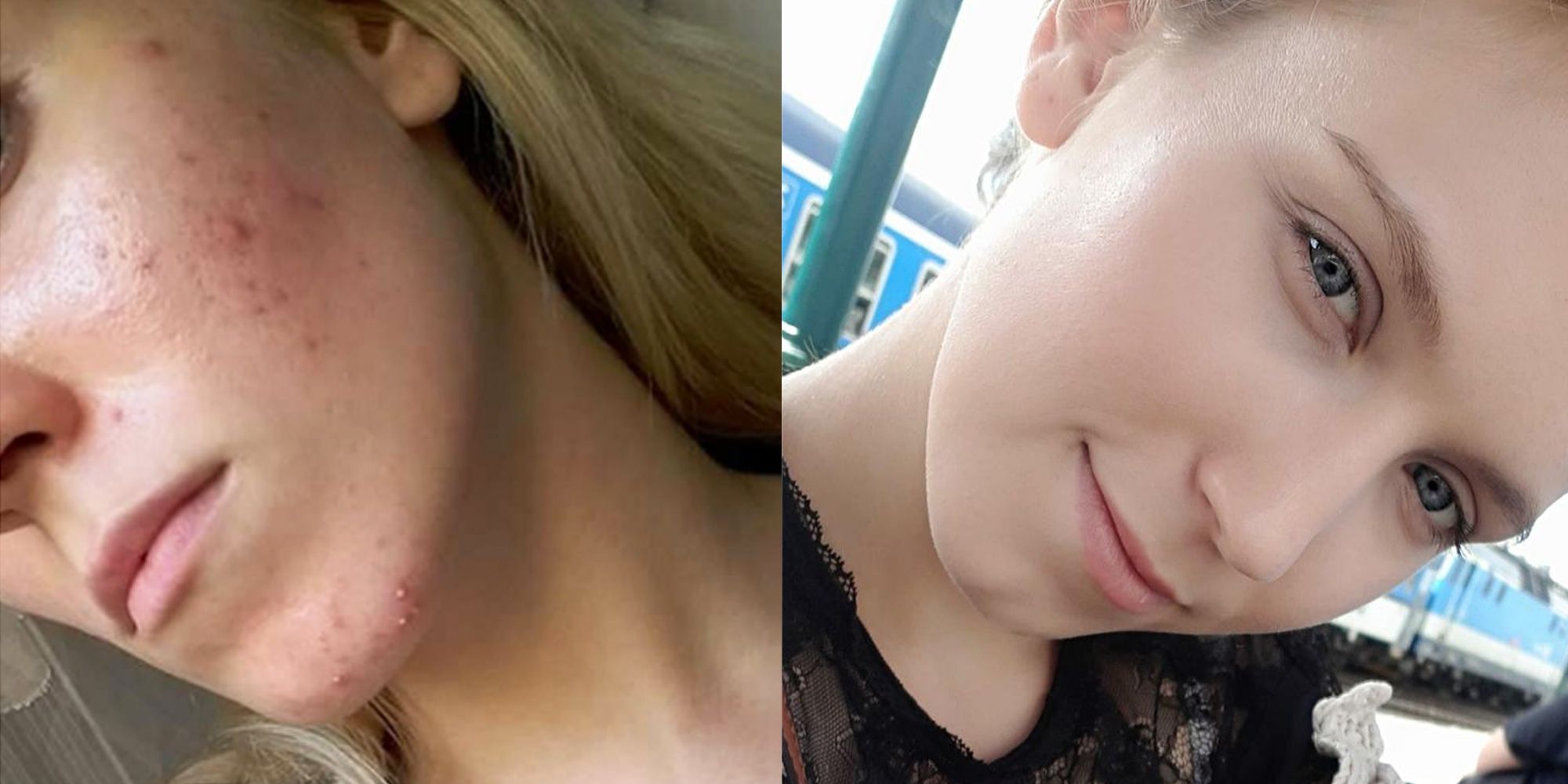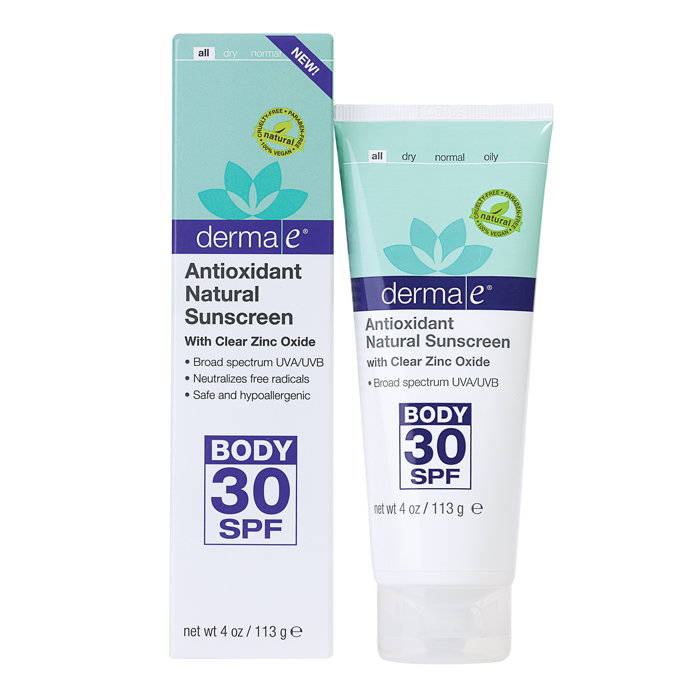

She is careful to recommend products that are reliable, comfortable, and genuinely well-reviewed by those who’ve tried them.Your skin has to put up with a lot when it is under the sun, leaving you open to a whole host of ill-effects to your appearance as well as your health. (That’s enough to fill a shot glass.) And you need to reapply at least every two hours.Īs a seasoned health and fitness writer, Lindsey Lanquist understands how vital quality product recommendations can be. Remember, you’re supposed to use 1 ounce of sunscreen to cover your body. “Most people only apply 25 to 50% of the recommended amount of sunscreen,” Dr. You’ll need to apply a lot of both, and you’ll also need to reapply frequently. So while a higher SPF is technically better than a lower one, SPF 30 is a great baseline to work from.Īnd remember, a higher-SPF sunscreen won’t last longer than a lower-SPF sunscreen. To put it simply: “The difference in UVB protection between an SPF 100 and an SPF 50 is marginal,” she says. According to her, an SPF-50 sunscreen should block 98% of UVB rays, while an SPF-100 sunscreen should block 99%. “If adequately applied, sunscreens with sky-high SPFs offer only slightly better protection from sunburn than an SPF 30,” Dr. And the amount of protection you’re getting doesn’t increase very dramatically as you go up in SPF. So what, exactly, is going on here?Īn SPF-30 sunscreen will block 97% of the sun’s UVB rays. Since SPF describes a sunscreen’s ability to protect your skin from UV rays, you might be confused why they’re not recommending a much higher SPF. After all, you’ll be wearing it every day.Ĭurrently, the American Academy of Dermatology (AAD) recommends that you choose sunscreen with an SPF of 30 or higher. No texture is necessarily better than another-it all comes down to personal preference. Sunscreen is available in many different forms: lotions, sprays, sticks, and more. The American Academy of Dermatology (AAD) currently recommends choosing a sunscreen with an SPF of 30 or higher, because this will block 97% of the sun’s harmful rays. But mineral-based sunscreens may leave behind a thick, white residue, and they’re rarely available in sunscreen spray form.ĭifferent sunscreens are equipped with different levels of SPF protection. Hadley King, a New York City-based dermatologist-recommend physical sunscreens, because they contain fewer potential irritants than chemical sunscreens. Chemical sunscreens use chemicals to deflect the sun’s rays, while physical sunscreens use minerals to block the sun from penetrating your skin. There are two primary kinds of sunscreen: chemical sunscreen and physical sunscreen.

What to Look for in a Sunscreen Chemical vs. The sunscreen boasts a unique, mousse-y texture that makes it particularly easy to apply-so you won’t have to worry about missing a spot.

If you’d prefer a chemical sunscreen, Supergoop!’s PLAY Body Mousse is a solid choice. The sunscreen is equipped with SPF 50 protection, and it promises to be incredibly sensitive skin-friendly. If you’re looking for a physical sunscreen, CeraVe’s Hydrating Body Sunscreen is an excellent pick. Here is the best sunscreen on the market.
#Best sunscreen lotion how to#
A certified running coach from our Review Board also reviewed the claims in this article for accuracy and how to evaluate different sunscreen styles and formulas.

We looked for sunscreens for our list based on their available SPF, effectiveness and cost, and features like being hypoallergenic or eco-friendly. Choosing a style is a matter of personal preference but no matter what kind you like, look for sunscreen that provides at least SPF 30 protection. Sunscreens typically come in three styles-lotions, sticks, or sprays-and can be a chemical formula or a mineral formula made from physical blockers. The best sunscreens are easy to apply, non-irritating, and provide good protection. According to the CDC, that rule still applies even if it’s cloudy out or you’re standing in the shade. It doesn’t matter what time of year it is-if you’re going outside, you need to put sunscreen on. Sunscreen can help you cut down on damaging exposure to ultraviolet (UV) rays that can harm your skin-whether you're working out or going about your daily life.


 0 kommentar(er)
0 kommentar(er)
